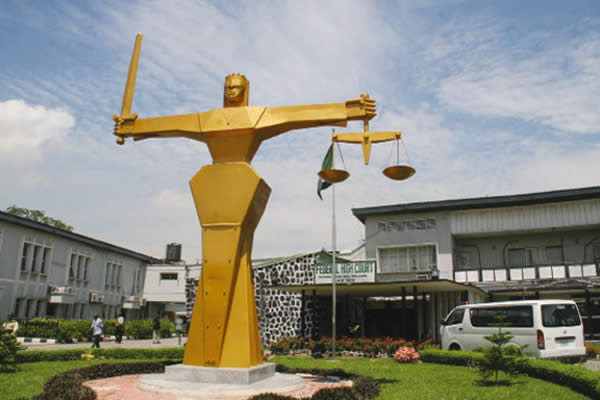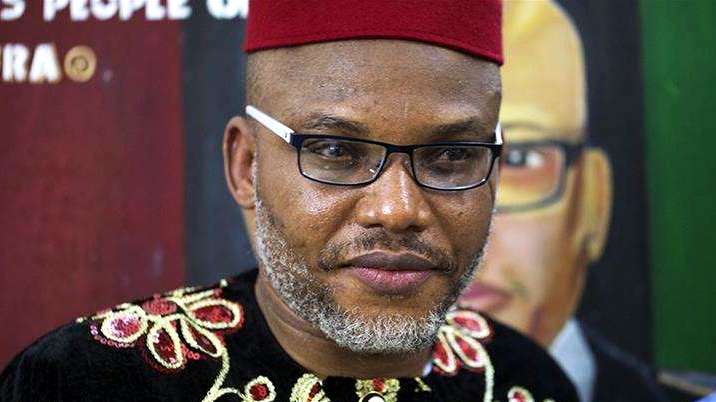In a ruling delivered on Wednesday, the Federal High Court in Abuja threw out a lawsuit challenging the scheduling of elections and examinations on Saturdays. Mr. Ugochukwu Uchenwa, an elder of the Seventh-day Adventist Church, had filed the suit, contending that such scheduling infringed upon his and other church members’ right to freedom of worship.
Mr. Uchenwa petitioned the court to halt the Independent National Electoral Commission (INEC) from holding elections on Saturdays and also requested the cessation of examinations scheduled for that day. He argued that conducting such activities on Saturdays violated fundamental rights, including the freedom of worship and the right to education.
The defendants in the suit included the President, the Attorney-General of the Federation, INEC, the Minister of Internal Affairs, as well as examination bodies such as the Joint Admission and Matriculation Examinations (JAMB), the National Examination Council (NECO), the West African Examination Council (WAEC), and the National Business and Technical Examination Board.
Justice James Omotosho, in his judgment, deemed the suit frivolous, as the plaintiff failed to provide sufficient grounds for the reliefs sought. The court emphasized that the plaintiff did not establish a reasonable cause of action and therefore could not justify the requested interventions.
The plaintiff had argued that scheduling elections and examinations on Saturdays, which the Seventh-day Adventist Church observes as the Sabbath day, infringed upon the rights of its members. He sought a declaration from the court that such scheduling was unconstitutional and a violation of fundamental rights.
However, the court declined to grant the reliefs sought by Mr. Uchenwa. This included an order restraining examination bodies from conducting exams on Saturdays without providing alternative options for Seventh-day Adventist Church members.
The ruling underscores the legal complexities surrounding religious observances and civic responsibilities, prompting further discussion on accommodating diverse religious practices within the framework of governance and public services.



